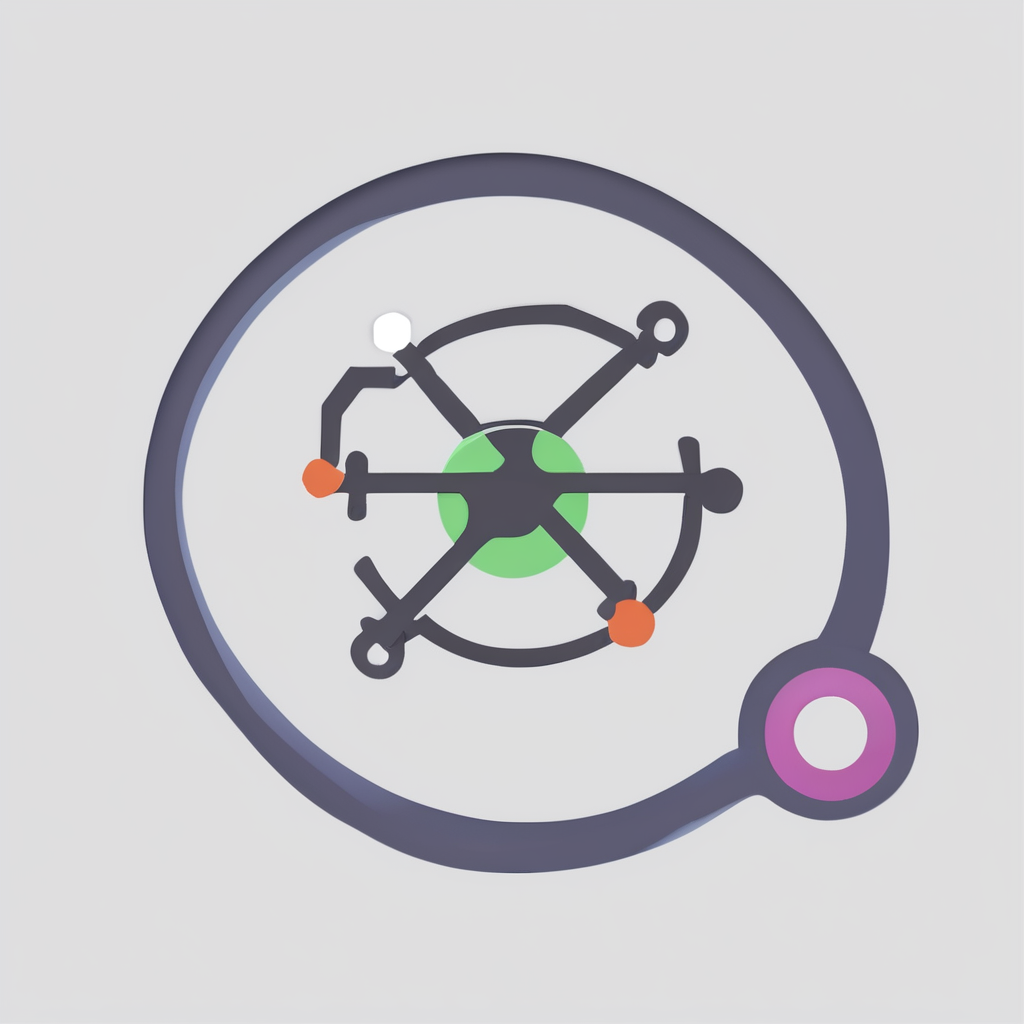Opportunities for Women in the UK High-Tech Sector
Women in tech UK are gradually shaping an evolving landscape where female tech professionals find diverse chances to excel. Despite historical underrepresentation, the high-tech sector opportunities for women have expanded significantly, driven by both industry demand and targeted initiatives.
Key roles inviting female talent include software development, cybersecurity, data science, and artificial intelligence. Tech careers UK also offer pathways in cloud computing and digital product management — fields growing rapidly and in need of fresh perspectives. These roles highlight areas where women can leverage transferable skills, such as problem-solving and collaboration, to thrive.
Also read : What are the challenges faced by the UK computing industry in adopting new technologies?
Of particular note are growth sectors like fintech, green technologies, and healthtech. These emerging fields actively seek female tech professionals to diversify teams and foster innovation. High-tech sector opportunities extend beyond traditional coding roles, encompassing leadership, research, and project management positions, enhancing career progression for women.
For women contemplating tech careers UK today, numerous resources, mentorship programs, and inclusive workplace cultures enhance accessibility. This dynamic environment paves the way for increased female participation and lasting impact on the UK’s tech ecosystem.
This might interest you : How Is AI Transforming the Future of UK Tech Startups?
Leading Employers and Supportive Initiatives
Many tech employers in the UK prioritize fostering diversity through targeted initiatives. Companies like IBM and Microsoft have notable diversity initiatives that actively promote the inclusion of women in their workforce. These employers implement structured mentorship schemes, pairing experienced professionals with women newcomers to enhance career development.
Networking opportunities are another key component. Several firms support women’s tech groups and clubs, creating platforms where knowledge-sharing and community-building flourish. For example, initiatives such as Women in STEM programs provide vital peer support and connect members with industry role models.
Additionally, tech scholarships for women are increasingly available. Universities and private organizations offer scholarships, grants, and specialized training programs. These financial and educational supports ease entry barriers into technology fields, encouraging more women to pursue STEM degrees or reskill for tech careers.
Together, these supportive initiatives help cultivate a culture that values gender diversity and empowers women. By working with employers that actively endorse these programs, women can gain access to valuable resources and networks, essential for long-term success in the tech sector.
Challenges and Barriers Facing Women in UK High-Tech
Examining obstacles shaping women’s experiences in STEM
The gender gap in tech remains a persistent issue, with women often encountering significant barriers for women in STEM careers. A glaring example is the gender pay gap, where women in UK high-tech roles are frequently paid less than their male counterparts for similar work. This disparity not only affects earnings but also long-term career progression, creating invisible ceilings that block women’s advancement.
Workplace culture can further undermine the retention of women in tech. Predominantly male environments may foster subtle bias or exclusion, leaving women feeling isolated or undervalued. Such cultures exacerbate the gender diversity challenges by discouraging talented women from continuing in their roles or pursuing leadership opportunities.
Industry and government initiatives have stepped in to address these barriers. Programs promoting mentoring and flexible working, along with diversity targets, aim to improve representation. However, sustained change requires organizational commitment beyond surface-level policies. Recognizing and tackling unconscious bias, alongside transparent pay structures, is crucial to closing the gender gap in tech and empowering women in UK workplaces to thrive.
Success Stories and Industry Trends
Success stories of successful women in tech UK serve as powerful beacons for aspiring professionals. Leaders like Dr. Sue Black, a renowned computer scientist, have significantly influenced the tech landscape, illustrating how women in leadership can shape innovation. These female role models provide tangible proof that women can excel at the highest levels in the UK tech sector.
Recent data reveal a steady increase in women’s participation, with over 20% of tech roles in the UK now held by women. More importantly, women are making strides in leadership positions, with a rise in female-led startups and higher representation on tech company boards. These advancements reflect ongoing efforts to close the gender gap.
Industry trends in the tech sector further support these changes. Areas such as artificial intelligence, cybersecurity, and fintech are increasingly welcoming female talent, driven by initiatives promoting diversity and inclusion. The growing visibility of female role models encourages more women to pursue these fields, creating a positive cycle of empowerment.
By recognizing and celebrating these successes, the UK tech industry is not only evolving but actively reshaping opportunities for women to thrive.
Resources and Advice for Women Entering UK High-Tech
Entering the UK high-tech sector can be daunting, but accessing the right tech career resources can make a significant difference. Many organizations offer specialized training programs UK to boost skills relevant for tech roles, from coding bootcamps to data analysis workshops. These programs often tailor their curriculum to address the unique challenges women face when breaking into tech, providing a supportive learning environment.
Mentoring for women is another critical resource. Connecting with experienced professionals can offer guidance on career paths, job hunting strategies, and workplace navigation. Mentors help bridge gaps between theory and practice, empowering newcomers to build confidence and expertise.
Additionally, numerous online platforms and associations provide career tools, job listings, and networking opportunities. Community support networks form a vital part of professional development, allowing women to share experiences, seek advice, and collaborate on projects. For recent graduates, engaging with these networks early enhances job prospects. Mid-career changers benefit by leveraging mentorship and targeted training programs UK that accelerate transition into tech roles. Embracing these resources encourages a smoother entry and sustained growth within the dynamic UK high-tech landscape.



